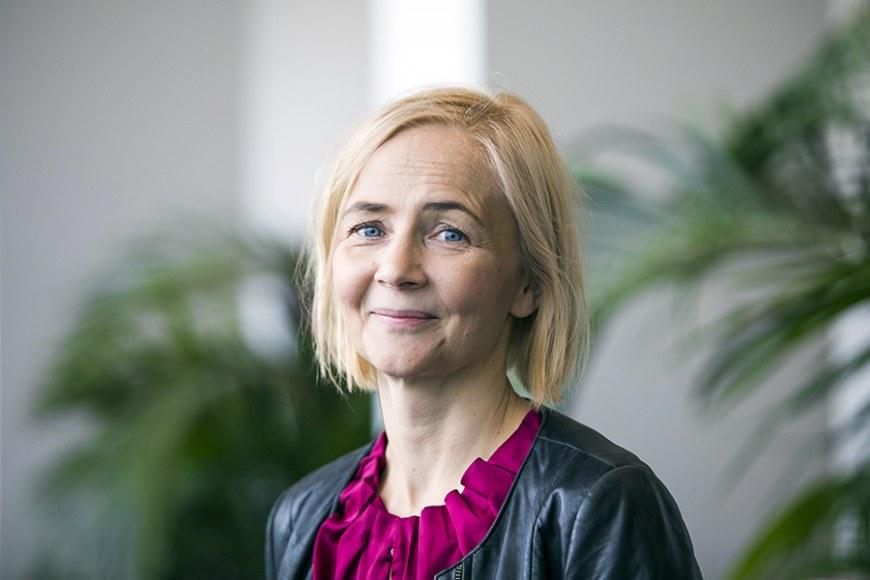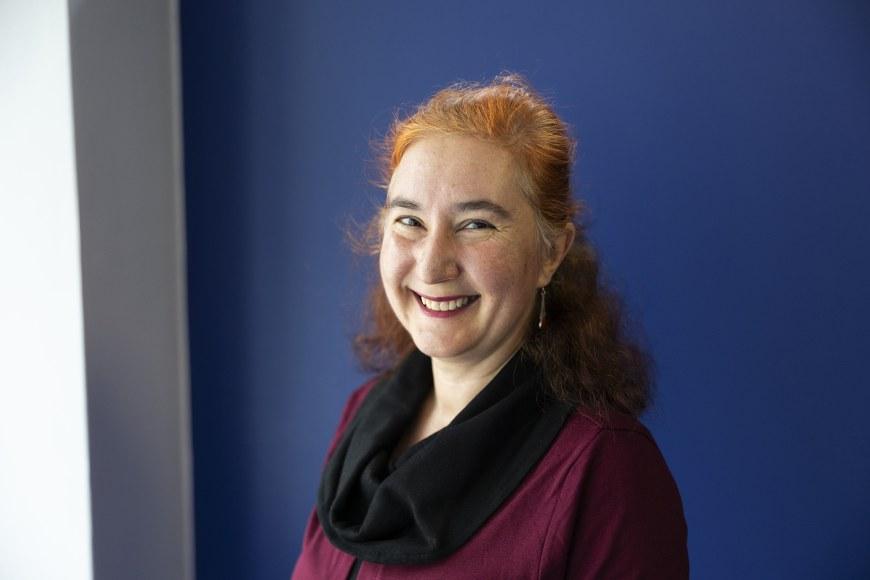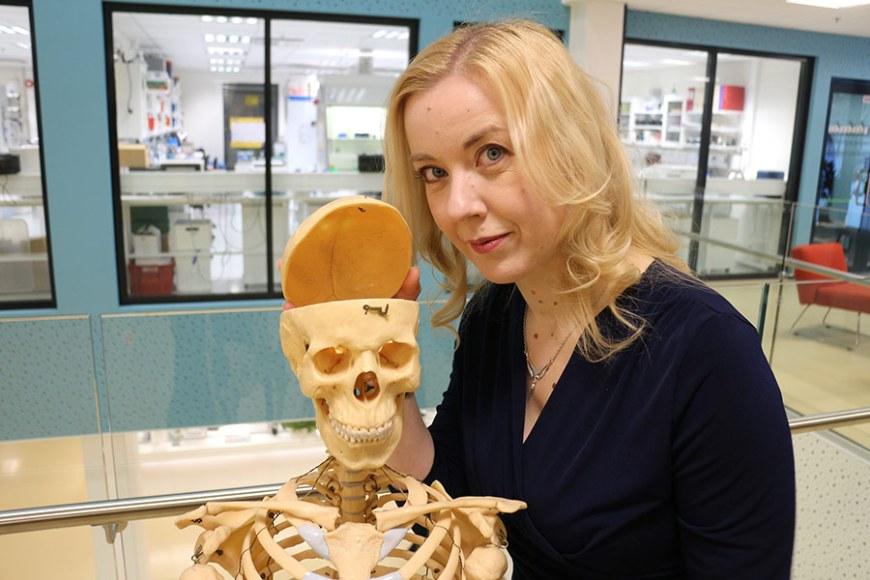COVID-19 exacerbates the mental health crisis

“We had a mental health crisis already before COVID-19, but the pandemic has made the situation, which was quite hard to begin with, even worse,” says Camilla Lindholm, professor of Nordic languages at Tampere University.
As the use of remote health services has increased because of COVID-19, the participation of especially mental health rehabilitants has become more challenging because they find interaction, the interpretation of cues, and reading situations difficult even in the usual circumstances. The COVID-19 restrictions are hard because face-to-face encounters are easier for mental health rehabilitants than remote services.
Lindholm is one of the editors of an international anthology called ‘Joint Decision Making in Mental Health’, which deals with decision-making in mental health rehabilitation.
The book is related to Lindholm’s research topics, which include interaction in medical practice, institutional interaction, and interaction related to mental health problems.
Resistance to care is a problem
A key theme in the new book is the care resistance of patients, which requires a lot from medical professionals.
“Now that access to treatment is difficult because of the coronavirus, and the responsibility for mental health problems lies heavily on relatives, persons who resist care cause further problems. We cannot demand that relatives are able to do what is difficult even for health care professionals,” Lindholm says.
People who resist care may see a doctor on their own, but they have a different opinion on their treatment or medication than the doctor. They are independent people who decide their own affairs and are not, for example, persons in involuntary care or taken into care.
Lindholm does not want to give an estimate of the number of persons who resist care but says that patients may increasingly have, for example, a strong idea of what kind of treatment they need from the internet, even before coming to an appointment. Negative experiences with previous treatments may also play a role.
Encountering patients takes time
The book examines, among other things, video-recorded discussions where a mental health patient and their doctor disagree on the treatment options.
“The situation proceeds via negotiation with the doctor first asking what makes the patient think that the prescribed medication is unsuitable. These are difficult situations for the professionals because they wish to give room to the patients’ experiences and listen to them. At the same time, as professionals, they must make decisions on what is best for the patient,” Lindholm explains.
Behind the problem Lindholm finds the age-old question that doctors should have enough time to see their patients.
“Negotiation takes time and space in order to create unanimity. If there are less resources in the mental health sector for such encounters, things will get difficult,” Lindholm points out.
The book also discusses the treatment ideologies behind mental health rehabilitation and how professionals respond to rehabilitants who suggest a variety of treatment options.
Coronavirus increased the need for easy-to-read language
The COVID-19 pandemic has shown that easy-to-read communication is more necessary than ever.
Last spring, the Language Studies Unit at Tampere University taught a course called ‘Expert Communication Toolbox’ led by University Lecturer Tytti Suojanen, an expert on technical communications.
The students did group work creating easy-to-read versions of Tampere University Hospital’s materials. The hospital gave the students texts that they thought would be most useful at the hospital.
Lindholm remembers especially instruction texts related to obstetrics and having babies, which needed plenty of work because many mothers do not speak Finnish as their native tongue. The complexity of the expressions and the length of the sentences proved to be problematic.
The course does not continue this autumn, but it might become part of the curriculum later. According to Lindholm, there continues to be a huge demand for such easy-to-read language projects.





